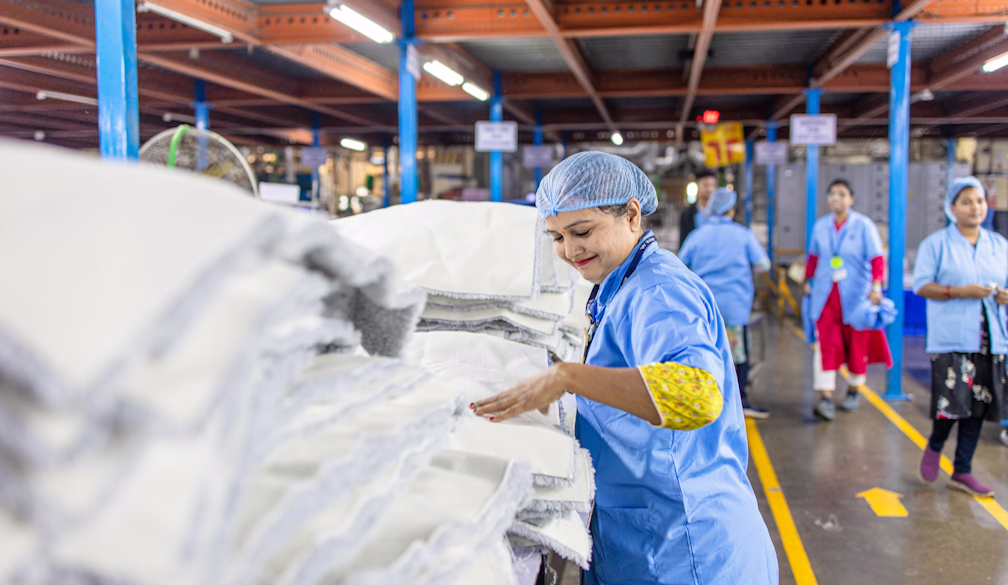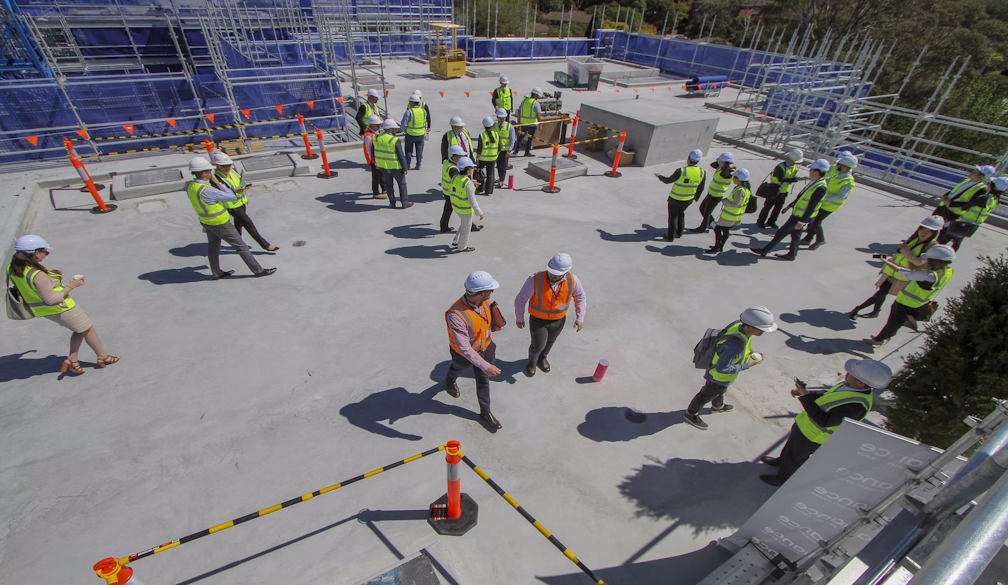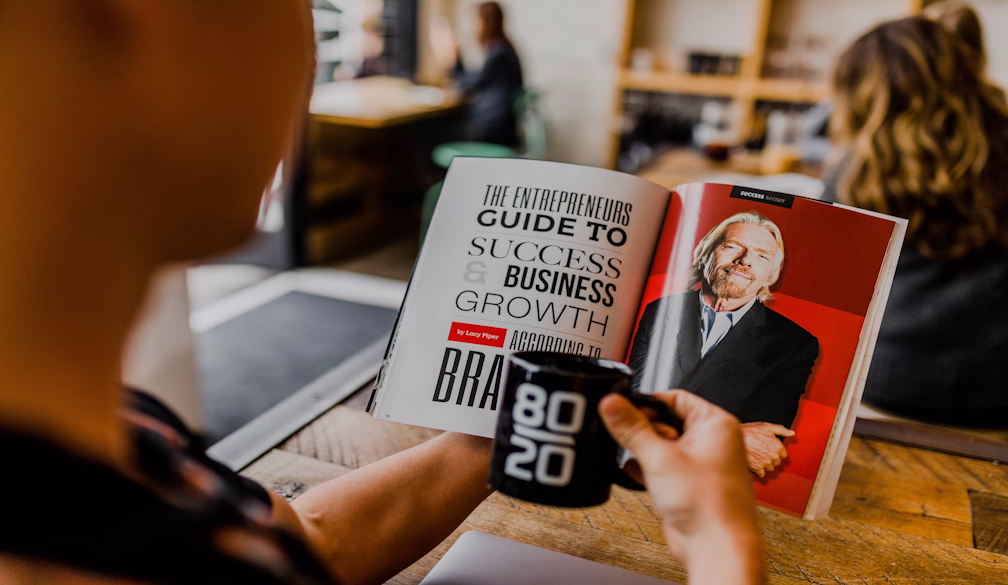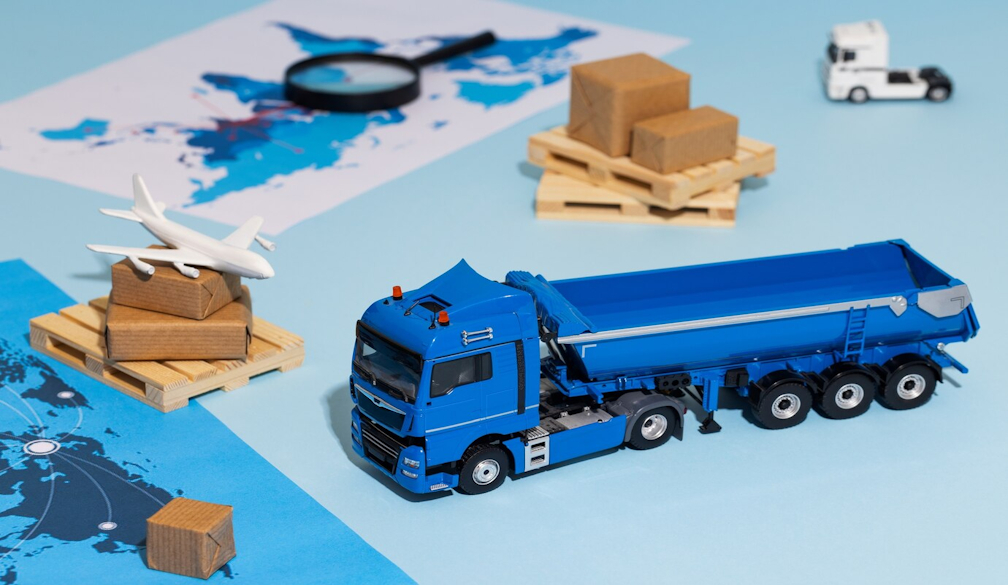- Written by Nicholas Bernhardt

Pay cuts, reduced hours, staff stood down or retrenched – this is the confronting reality for workers and business owners across the nation – the economic consequences of COVID-19 throwing supply chains into chaos.
The Institute for Supply Management has found that nearly 75% of companies have reported supply chain disruption. While some industries like supermarkets and grocery stores, alcohol and home office supplies have seen a surge in demand, others are or have been exposed to often significant negative consequences of unstable supply chains. The International Labour Organization has reported that due to catastrophic economic downturn, an additional 63.9 million workers across the world will work in poverty as a result of the pandemic. The additional pressure of “normal production” is threatening livelihoods and increasing the risk of modern slavery in Australian businesses and organisations.
Modern slavery describes serious exploitation in the workplace, such as human trafficking, slavery, servitude and forced labour, amongst others. Findings from the Global Slavery Index estimate there were approximately 15,000 people living in “conditions of modern slavery” in Australia in 2016.
The coronavirus crisis is different from others. Looking past the imminent threat to public health, mandatory lockdowns and the closure of international borders have resulted in a sharp decline in income-generating activities. This has caused cash-strapped businesses to cut costs, potentially pushing their workforce into ethically questionable situations.
Industries such as agriculture, construction and property, and garments and textiles all involve high-risks of modern slavery in Australia – and this was already the case well before large queues were forming outside of Centrelink. Opportunities to exploit at-risk workers are heightened during times of crisis where people may:
- Experience loss of income;
- Have low awareness of workplace rights;
- Are required to work excessive overtime;
- Have increased work demand due to supply chain shortages; and
- Have the inability to return safely for home countries.
To avoid subjecting at-risk workers to heightened risks of modern slavery, Australian organisations and companies need to take a collaborative, solutions-focused approach to this human rights issue. This starts with transparency.
Transparency is key in creating and maintaining a socially, environmentally, and economically sustainable supply strategy. Supply chain visibility and traceability allows companies to identify and address risks. The disclosure of information helps tackle inequities head-on and avoid the reputational costs that come with unsociable practice.
While risks of modern slavery have accelerated and expanded in reach since the initial disruptions to day-to-day life, it is up to companies and business owners to maintain supplier relationships and foster open communication channels around COVID-19. This includes honoring ongoing contracts and avoiding short production windows, last-minute orders, onerous terms and conditions or unreasonable cost reduction demands to keep third-party workers in stable employment.
Suppliers, workers, business peers, investors and guidance groups also need to band together to identify a best practice approach to protect and support vulnerable workers. Just look to Woolworths who – early in the outbreak – offered to redeploy some of QANTAS’s 20,000 redundant staff to help serve the influx of customers in-store, restock shelves and drive delivery vans. This collaborative decision provided a lifeline and source of income for thousands.
Australian businesses and entities should look for longevity in their approach and take this opportunity to commit to positive, sustainable and enduring change. Key international resources such as the Business and Human Rights Resource Centre and the Ethical Trading Initiative should be used on an ongoing basis to guide business practices. These legislations and policies support the application of relevant changes in line with the current trading climate, strengthening strategy and process development.
This time of uncertainty has exposed the need for entities – big and small – to take proactive steps to assess and address their modern slavery risks and report on actions in accordance to the Commonwealth Modern Slavery Act 2018. Practicing human rights, fair trade and following ethical labour guidelines should be an ongoing part of every business strategy and process. It is imperative that we, as a society, move towards a structure that eradicates injustices and promotes ethical, economic, social and environmental sustainability.
About Nicholas Bernhardt:
With a passion for sustainable workplaces and positive world change, Nicholas started Informed 365 after seeing a disconnect in organisation’s corporate social responsibility and the tools at their disposal to harness and understand data. Informed 365 is now the leading tech solution for over 3,000 Australian companies legally required to report under the Modern Slavery Act with high-profile clients such as the Property Council of Australia, Zoo’s Victoria and Michael Hill.











